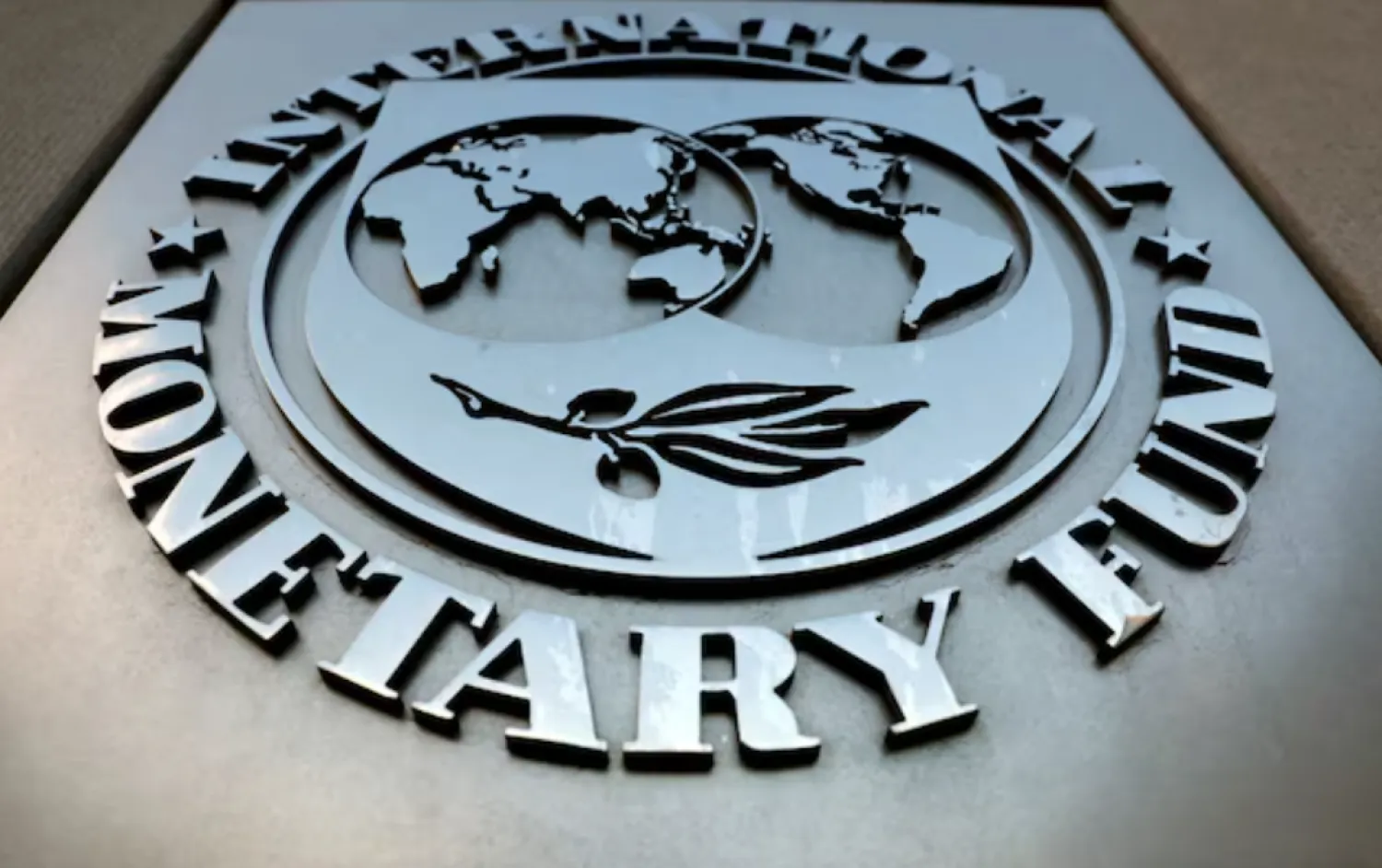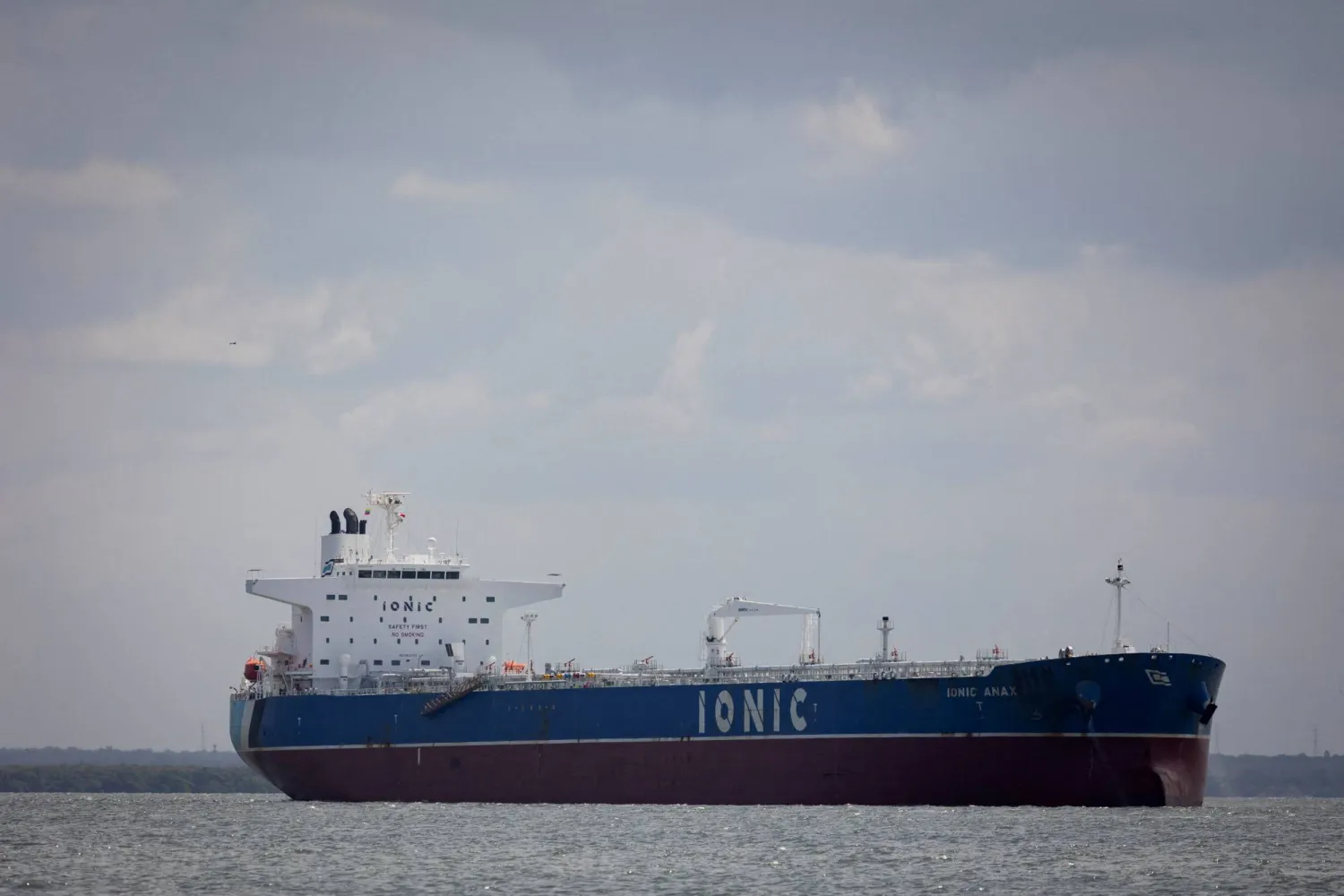Saudi Arabia is moving ahead with restructuring its institutional framework to keep pace with the speed of economic transformation after the Cabinet decided to merge the National Competitiveness Center and the Saudi Business Center under the umbrella of the Saudi Center for Competitiveness and Business.
The move reshapes the business environment, accelerates reforms and strengthens governance to support a more attractive economy.
Commerce Minister Dr. Majid Al-Qasabi said following the Cabinet decision that the merger represents a pivotal regulatory step reflecting a strategic direction toward enhancing institutional integration, improving the efficiency of monitoring business environment challenges and speeding up reforms to facilitate doing business.
The step supports private sector empowerment and contributes to boosting the Kingdom’s competitiveness.
According to several specialists, the decision is not merely a cosmetic change, but a unification of direction and intensification of efforts toward a single goal: a more efficient, faster and globally competitive investment environment.
They said the merger reshapes the business landscape and accelerates reforms in the Kingdom.
Unifying the track
The move comes as the Kingdom continues restructuring its institutions to match the pace of transformation, most recently by merging the two centers to serve entrepreneurs and foreign investors alike in terms of efficiency, speed and competitiveness.
Specialists told Asharq Al-Awsat that the step is distinctly strategic and reflects the Kingdom’s adoption of “agile governance.”
They said merging the National Competitiveness Center with the Saudi Business Center is not just a change of name, but a unification of direction and consolidation of efforts to serve one objective: a global investment environment.
Institutional integration
Shura Council member Fadl bin Saad Al-Buainain told Asharq Al-Awsat that there is a close link between competitiveness and business, noting that competitiveness outcomes ultimately serve economic activities through support, incentives, facilitation and addressing challenges.
Al-Buainain said the decision to merge the National Competitiveness Center and the Saudi Business Center under the name Saudi Center for Competitiveness and Business aims to enhance institutional integration by reorganizing and combining two independent entities.
He added that the step will improve the quality and alignment of outputs, help achieve competitiveness targets and support the business sector simultaneously.
It will also enhance work efficiency, enable direct identification of challenges without the need to refer them to another entity, and accelerate completion, which in itself is a strategic objective that strengthens institutional efficiency, boosts the Kingdom’s competitiveness and supports the business sector.
Corrective decisions
Al-Buainain described the merger as a healthy regulatory process that contributes to reducing costs, focusing efforts and ensuring high-quality outputs aligned with strategic targets.
He stressed that the move followed a considerable period of independent operation and performance measurement before the merger decision was taken based on administrative and executive considerations.
He added that continuous review is a key feature of government work, enabling corrective strategic decisions that achieve overall benefit.
The step could mark the beginning of merging other interrelated government entities across sectors and services, contributing to more dynamic operations, faster completion, higher-quality outputs and better handling of challenges.
Shared factors
Osama bin Ghanem Al-Obaidi, adviser and professor of international commercial law, told Asharq Al-Awsat that the decision comes at an ideal time to achieve the goals of Vision 2030 by unifying efforts, simplifying procedures and creating a more efficient and globally competitive business environment.
Al-Obaidi said several shared factors made the merger a logical step, most notably improving the business environment, supporting the private sector, working with government entities to develop regulations, linking with competitiveness indicators, supporting economic transformation and implementing reforms, as well as relying on studies and economic analysis.
He added that the core common factor was that both entities were working along nearly the same axis of raising the competitiveness of the Saudi economy and facilitating doing business, albeit from complementary angles, which explains their consolidation into a single entity.









